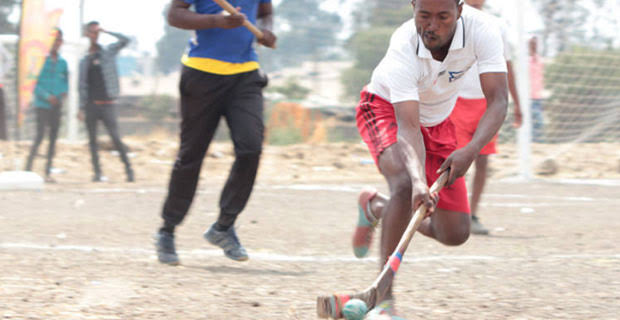Most of the world celebrates Christmas on December 25th, Ethiopia, with its rich history and deep-rooted cultural practices, celebrates this joyful occasion on January 7th. Known as Genna, Ethiopia celebrates Christmas on January 7 because the country follows the Julian calendar rather than the Gregorian calendar, which is used by most of the world today. The Julian calendar is about 13 days behind the Gregorian calendar, so Christmas, which is traditionally celebrated on December 25 in the Gregorian calendar, falls on January 7 in the Julian calendar.
Ethiopia is currently in the year 2017, while the rest of the world is in 2025 due to different calculations for the date of Jesus’ birth.
The Ethiopian calendar is 13 months long, with 12 months of 30 days and a final month of five or six days in a leap year. The Ethiopian New Year is celebrated on September 11, or September 12 in leap years.
Most Ethiopians are aware of the Gregorian calendar and some use both calendars interchangeably.
Ethiopian Christmas is a wonderful blend of religious reverence, joyful celebrations, and community traditions that offer something unique and special to the holiday season.
Whether you’re familiar with Ethiopian customs or discovering them for the first time, let’s take a look at how Christmas is celebrated in Ethiopia — a country where traditions are cherished, and every detail of the celebration holds significance.
The Religious Significance of Genna
Ethiopian Christmas is deeply tied to the religious practices of the Ethiopian Orthodox Tewahedo Church. For Ethiopians, Christmas isn’t just about the gifts or the parties, but about honoring the birth of Jesus Christ. The holiday marks a sacred time of prayer and devotion, with families attending midnight mass on Christmas Eve. This is an essential part of the celebration — the church service is not just a routine, but a spiritual gathering that fills the air with hymns and reverence.
Christmas Eve Midnight Mass:
One of the most important traditions is the midnight church service. It’s not just a religious ceremony but a community event where families gather, dressed in their finest traditional clothes, to pray and sing hymns. The churches are often beautifully adorned, creating an atmosphere of reverence and celebration that is truly unique. The service can last for hours, and it’s followed by a joyful meal together at home.
Fasting and Feasting:
Leading up to Christmas, many Ethiopians observe a fasting period known as Advent. During this time, they abstain from animal products, eating only plant-based foods to purify the body and spirit. Once Christmas Day arrives, the fasting ends, and families gather for a grand feast. The meal typically features Ethiopian staples such as injera (a spongy flatbread), doro wat (a flavorful, spicy chicken stew), and kitfo (minced meat, often served raw).
The Christmas feast is more than just a meal; it’s a celebration of community, family, and the joys of togetherness. Everyone shares in the dishes, making it a truly communal experience.
Families at the centre of Ethiopian Christmas:
Family is at the heart of Ethiopian Christmas celebrations. In the morning, families exchange warm greetings, and many households host open celebrations, inviting neighbors and extended family members to join in. The rich tradition of hospitality is central to Ethiopian culture, and this holiday is no exception.
Ethiopians often dress in white garments, such as the habesha kemis for women and kilt for men, which adds a unique touch of beauty and tradition to the day. The clothing is simple yet elegant, symbolizing purity and devotion.
Genna: The Ethiopian Christmas Game
Here’s a fun fact: Genna is not just the name for Ethiopian Christmas; it’s also a traditional game that is often played on Christmas Day. Think of it as the Ethiopian equivalent of field hockey, played with a curved stick and a small wooden ball. The game is deeply woven into the fabric of Ethiopian culture and history and is often played in open fields by both young and old.

While many people may associate Christmas with sports like soccer or basketball, in Ethiopia, Genna brings everyone together in a way that blends recreation with tradition.
The Role of the Community:
Christmas in Ethiopia is not a quiet, individual celebration. It’s a community affair, with neighbors joining in the festivities and extending warm wishes to one another. Whether you’re walking through the streets or visiting friends, the sense of unity is palpable. Everyone, regardless of age, is welcome to partake in the celebrations, whether through shared meals, games, or just the simple joy of being together.
So, this January 7th, as Ethiopians around the world celebrate Genna, take a moment to appreciate the diversity of holiday traditions. Whether you’re in Ethiopia or far away, there’s a deep lesson to be learned from this beautiful celebration — about the importance of community, faith, and joy. Merry Christmas, Ethiopia! May your hearts be filled with peace, love, and the warmth of shared traditions.
